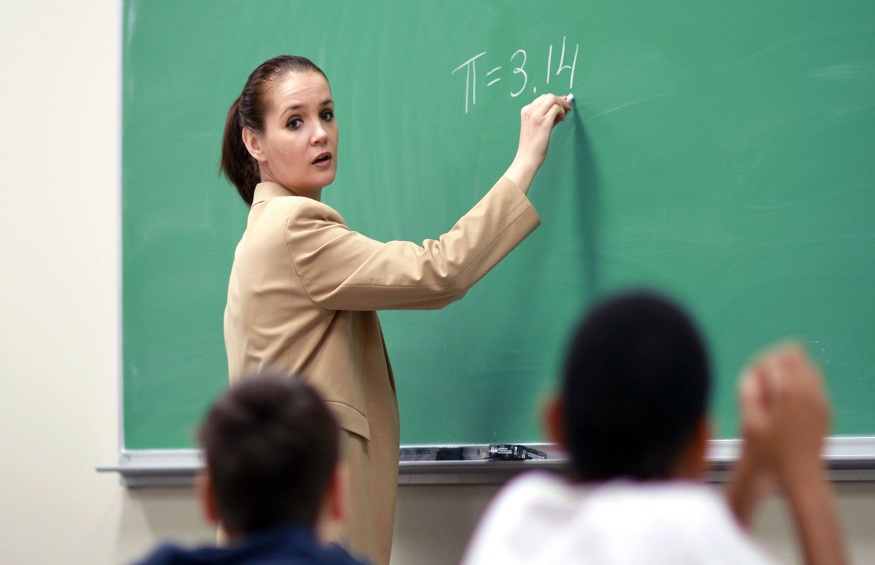Teacher status – Why it matters

We believe that teachers – competent professionals in one of the most important positions in society – should be treated with the same respect as doctors.
Yet the Varkey Foundation ‘s Global Teacher Status Index showed that, of the 21 countries surveyed, only China viewed teachers as having the same status as doctors. In the UK, less than 5% of respondents thought teachers had equivalent status.
The 2013 survey asked a question that goes to the heart of whether teaching is a respected profession: do you encourage your own child to become a teacher? We found big disparities here; 50% of parents in China would provide positive encouragement, for example, but only 8% would in Israel.
Do the students respect the teachers?
Worryingly, the report found that in many countries, particularly in Europe, more people believe that students do not respect teachers than they realize.
Teacher status – what is it?
Studies such as the Program for International Student Assessment of the Organization for Economic Co-operation and Development (OECD) have been very informative in terms of comparing different countries with regard to student achievement. We are beginning to understand how academic performance can be linked to the resources a country devotes to its education system, the process of recruiting teachers, and the amount of teachers who are paid.
But, until the publication of the Varkey Foundation’s Global Teacher Status Index , we knew much less about the roles that cultural, political and economic factors play in affecting the social status of teachers in different countries. .
By focusing on teacher status, perceptions of teacher reward, and teacher agency and control, the Global Teacher Status Index has helped us understand.
All of these factors contribute to our understanding of ‘teaching status’. Teacher status can have a huge impact on things like recruitment, retention, job satisfaction, and performance.







